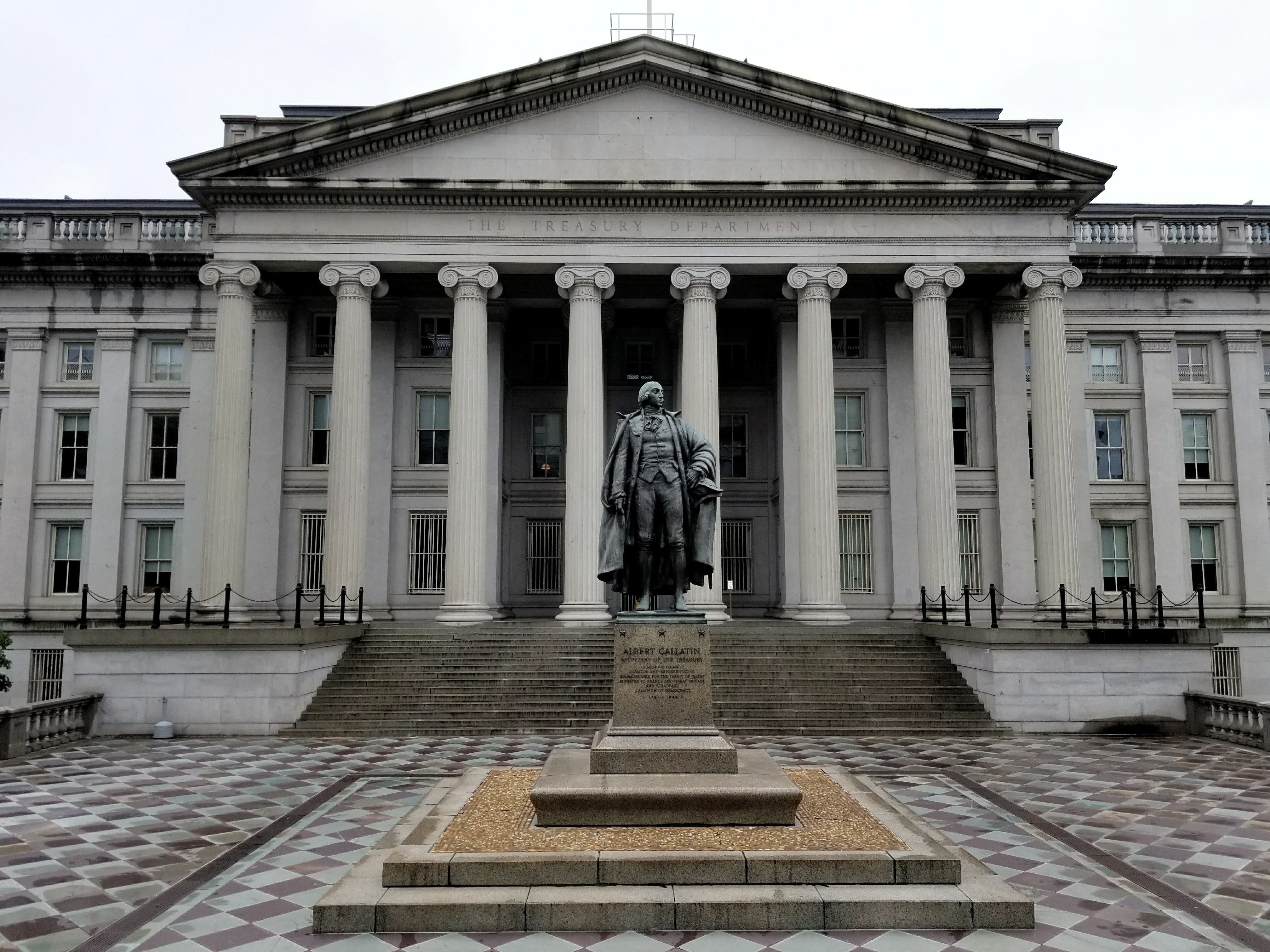Thomas Ferguson is the Research Director at the Institute for New Economic Thinking. He is Professor Emeritus at the University of Massachusetts, Boston and Senior Fellow at Better Markets. He received his Ph.D. from Princeton University and taught formerly at MIT and the University of Texas, Austin. He is the author or coauthor of several books, including Golden Rule (University of Chicago Press, 1995) and Right Turn (Hill & Wang, 1986). His articles have appeared in many scholarly journals, including the Quarterly Journal of Economics, International Organization, International Studies Quarterly, and the Journal of Economic History. He is a member of the editorial board of the International Journal of Political Economy and a longtime Contributing Editor at The Nation.
Thomas Ferguson
By this expert
Three Comments on Storm “The Economics and Politics of Social Democracy: A Reconsideration"
This Working Paper presents three separate comments on Servaas Storm’s “The Economics and Politics of Social Democracy: A Reconsideration”. The first is by Joseph Halevi and Peter Kriesler; the second is by Duncan Foley; and the third is by Thomas Ferguson.
Fatal Combination: Bailouts and Bank Rescues in Money-Driven Political Systems

Financial industry donations to members of Congress lead to the adoption of pro-bank policies
How Much Can the U.S. Congress Resist Political Money? A Quantitative Assessment
The links between campaign contributions from the financial sector and switches to a pro-bank vote were direct and substantial
Rule Number 1 for Government Bailouts of Companies: Make Sure Voters and Taxpayers Share in the Upside

If the public is to be called upon for the second time in twelve years to bail out businesses, it should get something back for its money. Bailed out firms should be compelled to issue convertible bonds to the government.
Featuring this expert
Truthout cites INET research showing that to save the economy controlling the pandemic comes first
“A new international analysis by the Institute for New Economic Thinking found countries such as South Korea and New Zealand that focused on lockdowns early on in the pandemic, rather than preserving their economies, have gained control over the virus and are now seeing their economies grow, in contrast with the dire economic circumstances currently in the U.S.” — Mike Lugwig, Truthout
Thomas Ferguson's article affluent authoritarianism is referenced in The Financial Times
“The role of money in US politics is fundamental. A recent updating of earlier research, released by the Institute for New Economic Thinking, confirms that the views of the top decile of the population largely determine policy. The inevitable frustrations of the rest give the parties their passionate voting blocs.” — Martin Wolf
INET working paper along with Thomas Ferguson's article are the focus of this Inequality article.
“Their new working paper, just published by the Institute for New Economic Thinking in New York, gives a rigorously technical analysis of what these tools reveal, and the Institute’s research director, Thomas Ferguson, has helpfully fashioned an introduction to — and a historical context for — the McGuire-Delahunt analysis that lay readers will find easily accessible. Ferguson, himself a pioneer in social science research on political decision making, points out that “the idea that public opinion powers at least the broad direction of public policy in formally democratic countries like the United States has been an article of faith in both political science and public economics for generations.” —Sam Pizzigati
Thomas Ferguson's INET article affluent authoritarianism is discussed in Counterpunch
“Conveniently for present purposes, Naked Capitalism posted a piece by political scientist Thomas Ferguson on the determinants of political decision making— that is, on the ‘product’ that elected representatives produce. The punchline: ‘money,’ as defined by the interests of corporate executives and oligarchs, is the overwhelming determinant of ‘political’ outcomes. Advancing the public will— the liberal explanation; or the public interest, the explanation offered for representative democracy, have no bearing. The longstanding practice of fitting political outcomes into these theoretical frames to ‘explain’ public policies is scientific malpractice given Mr. Ferguson’s findings.” —- Rob Urie
